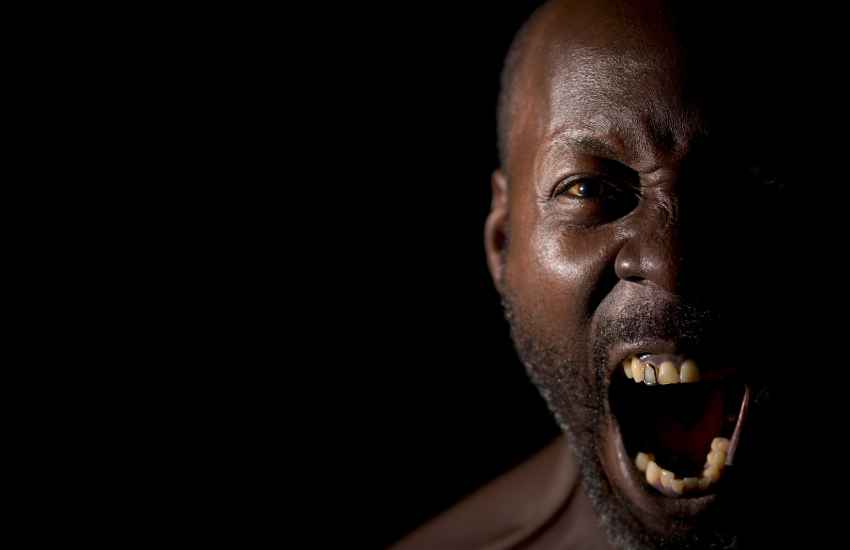
You recall the story of Lawrence Njoroge Warunge. He was arrested as a suspect in the murder of five family members who included his parents in Kiambu County this January.
Njoroge, 22, confessed to having been inspired by “Killing Eve”, a British dark thriller TV series, besides also reading two novels “Eight Perfect Murders” and “The Eve of Murder”. Psychiatric evaluations have since deemed him fit to stand trial.
Then there was the recent story of Kelvin Akal, 24, from Nyalenda Kilo estate in Kisumu, who chopped off his grandmother’s head and surrendered with it to the police.
Facts First
This story continues on The Standard INSiDER. Subscribe now for unfiltered journalism that holds power to account.
Already have an account? Login
 The Standard Group Plc is a multi-media organization with investments in media
platforms spanning newspaper print
operations, television, radio broadcasting, digital and online services. The
Standard Group is recognized as a
leading multi-media house in Kenya with a key influence in matters of national
and international interest.
The Standard Group Plc is a multi-media organization with investments in media
platforms spanning newspaper print
operations, television, radio broadcasting, digital and online services. The
Standard Group is recognized as a
leading multi-media house in Kenya with a key influence in matters of national
and international interest.











